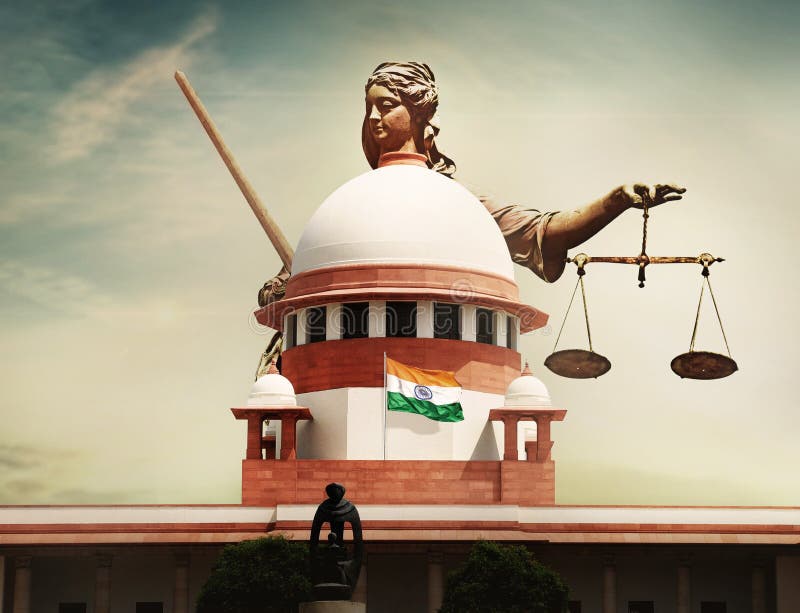


The Supreme Court recently upheld the conviction and life sentence of a man for the murder of his wife by setting her on fire [Naresh v. State of NCT of Delhi].In doing so, a division bench of Justices Bela M Trivedi and Ujjal Bhuyan also observed that setting a person on fire is an act of extreme cruelty and would fall under Section 302 of the Indian Penal Code (IPC), which prescribes the punishment for the offence of murder."In our considered opinion, setting a person on fire is an act of extreme cruelty and would fall under Section 302 IPC. Hence, we find no illegality or infirmity in the judgments and orders passed by the Sessions Court or the High Court," the Court said.Accordingly, the Court ordered the appellant (convict), whose sentence was suspended in 2012 after he served approximately twelve years in prison, to surrender before the jail authorities within four weeks.The convict had initially been booked for an attempt to murder (under Section 307, IPC) after he poured kerosene on his wife and set her on fire.
The wife was admitted to the ICU of a hospital to treat serious burn injuries, where she later passed away. Subsequently, the man was booked for the commission of murder.In her dying declaration, the wife stated that the appellant-husband was an alcoholic who used to beat her whenever she refused to give him money for liquor.
On the date of the incident, the appellant is said to have come home in a state of intoxication and made a similar demand. When she had refused to give him the money and asked him to go to sleep, the appellant poured kerosene and lit her on fire, the wife said.The appellant was convicted by a trial court for murder, which was affirmed by the Delhi High Court in 2009.Aggrieved, the appellant had approached the apex court.Before the top court, the appellant mainly argued that his case would fall under Part I of Section 304 IPC (culpable homicide not amounting to murder) and not under Section 302 IPC.He argued that he had no intention to kill his wife and that after pouring kerosene oil on his wife, he had later tried to extinguish the fire by pouring a bucket of water over her.
However, the Supreme Court was unmoved by this argument, particularly since such a ground was not pressed by the appellant in trial or before the High Court."We find no merit in the submission made by learned Senior Counsel for the appellant that the case of the appellant would fall under Section 304 Part-I and not under Section 302 IPC, for the simple reason that neither such a plea was taken by the appellant in his defence during the course of trial nor such a contention was raised by him at the time of recording of his statement under Section 313 Cr.P.C."Therefore, the top court proceeded to dismiss the appeal and upheld the appellant's murder conviction.Senior Advocate M Sirajudeen appeared for the appellant.Advocate Aditya Singh appeared as an amicus curiae.
TAGS: Supreme Court surrender murder conviction attempted murder Section 307 IPC